It seems that with every passing year, our ranks are increasing, and more and more people become interested in emergency preparedness.
Since entire states are affected by various natural disasters each year, and certain SHTF scenarios that we only saw in movies are now becoming a reality, it seems somehow natural for people to want to be prepared for the worst.
The problem with preparedness is that, without a doubt, this activity requires a lot of time and effort to do things right. That’s why a few essential preps end up being neglected by both beginners and experienced preppers.
Even more, most Americans believe that being a prepper requires having an underground bunker, a few years worth of food, and enough guns and ammo to survive the next big war. Although having some of the preps I’ve just listed is a good thing, and it depends from case to case, most times people may lose track of things that are equally important.
Rather than going on with the hype and the fanciful image portrayed by the media and other preppers, you should make sure the following preps are covered.
Ten Essential Preps You Need to Cover
1. Make a realist survival plan
Almost all people start buying stuff, and lots of it, when they get into prepping and this may not be a good approach. The first thing all preppers should do is to create a plan and prioritize it. Good planning not only will allow you to put things in perspective and identify prepping priorities (what SHTF scenario you should be prepping for) but will also help you save money.
Without a proper assessment, you’ll be spending a lot of energy and resources, without accomplishing much of anything.
Why do people fail to do it?
I honestly believe that most people lack the time or knowledge to make such a plan, and they get confused by all the amount of information available out there. Others simply fail to see the benefits of planning and keeping things organized, and they build on their needs as they go.
What can you do?
My suggestion is to start with a simple plan that concentrates on your region and build on top of it. Make a basic plan even if at first is just a page with a lot of things to do because I can tell you from experience that it’s still better than nothing. While working on those “to do” chores, you will be able to test your concept and identify flaws and areas that need improvement. It’s almost impossible to observe the real progress you are making and tracking your improvements without tracing achievements and faults.
For example, if you filled a pantry with all sorts of supplies, you can notice an accomplishment (the pantry itself), but without a plan to protect those supplies, you are just stockpiling stuff for others.
2. Stay organized
In the beginning, it’s crucial to have order in the chaos; otherwise, you will become more of a hoarder rather than a prepper. Congestion, clutter, and the lack of structure are the enemies of new preppers and will just add up to the stress of building everything right. Being organized and remaining so while you prep takes time, and without establishing priorities, you will not succeed.
Why do people live with the chaos?
In general, other priorities or “more essential” preps get in the way, and they have no idea how to divide their tasks. As a matter of fact, getting started is actually the most difficult thing to do, and people would rather “deal with it later.” Others are just happy to have everything they need (or they believe they will need) in one place. These types of people fail to realize that if SHTF, they will have a hard time finding what they actually need for the scenario unfolding.
What can you do?
All the essential preps you have should be kept organized and prioritized. Most times, this is not a task for a single person, and your family needs to pitch in. For example, your family members should have a food rotation and supplies checking schedule, to separate your supply by expiration date and based on the use (immediate or otherwise). All the items should be grouped together, and most importantly, the crucial items should be kept in reach. Crucial things such as bug out bags, evacuation kits and supplies, valuables, and anything else that you have to grab in a hurry should be readily available at any time.
3. Have an accurate self-defense plan
Our fellow humans are the most unpredictable and dangerous element we would have to face when it hits the fan. The authorities will have their hands full, or they will simply choose not to engage rioters and looters due to various reasons (we’re seeing it right now in Minneapolis). This means that you will be on your own, and the self-defense plan you put in motion should fully work. The ability to protect yourself, your home and your business is often overestimated.
Why is this overlooked?
First of all, most people have no idea how quickly a quiet protest can turn into something much worse. This is especially true for those that have never experienced such a situation and for those that believe the police will take care of things.
The law and social order are just illusions, and when people are starving or have some score to settle, your life can be changed in a moment. It is just unrealistic to assume that the authorities will restore order in “no time” and that you will be one of those being offered protection.
How to protect yourself and yours?
When we talk about self-defense in an SHTF scenario, we first have to understand that we are the only ones responsible for ourselves and our families. You should start making a realistic assessment of the area you live in, the social climate and criminality rate, and, most importantly, your home and self-defense measures. Do this before any event actually takes place and figure out ways to test your self-defense plan.
It’s better to win every fight that never happens, and every smart prepper understands that avoiding violent confrontation should always be their first choice. After acknowledging this, you can plan a layered defense system that allows you to put some distance between you and potential threats, but also gives you time to act while delaying the actions of others.
And, I cannot stress this enough, if you buy a firearm, don’t keep in in the safe. Train and make sure you are ready to use it, and use it correctly when the time comes. Even more, all your family members should know how to handle that firearm.
4. Proper healthcare
We all know that healthcare is crucial during an SHTF event, and we’ve seen the reality of it during the past three months or so. Doctors may be overwhelmed, and you will be on your own. What will you do if you get seriously injured or when you run out of medicine you desperately need?
Think about how certain vital medications are in short supply even during peace times and how we are dependent on foreign manufacturers when it comes to even some basic medication. This is perhaps one of the most difficult preps to implement and may vary greatly from one person to another.
Then, why is this overlooked and not the main priority?
Well, until a few months ago, Americans could never imagine that routine or “classical” medication could suddenly become unavailable, considering how we are living in one of the most powerful countries in the world. We kept pushing our luck and antibiotics, painkillers, sedatives, and you name it, could be bought without problems. We always believed there’s a fix for our problems, but things are starting to change.
What can I do about it?
If you or anyone in your family take medication, the first logical thing to do is have a stockpile that can last for months. Talk to your doctor, explain how vulnerable you feel and how helpless you would be, and he or she should be understanding and comply with your request.
After stockpiling as much as you can, the next best thing would be to look into alternatives ways of healing yourself and your loved ones. Every health issue you may face should have an alternative fix that will save you a risky trip to the hospital. There are all sorts of natural healing aids that work just as well as the chemical ones, and it really depends on the health problems you have.
5. Have multi-purpose supplies
Nowadays, there are all sorts of multi-purpose tools and supplies available on the market. Even more, most of the household supplies in your home can be repurposed. Lots of the stuff you have sitting around can be an equally good replacement for the supplies you lack. For example, honey can be used as an antiseptic, and it can also be used to preserve meat, while baking soda has a multitude of uses in a survival situation.
Why do people fail to notice such supplies?
Most people see the things in their homes as just stuff, and few people have a survivor mindset that can make them look at a certain item and figure new uses for it. This is mostly due to a lack of knowledge and the creative spirit that has been killed ever since we started having everything being handed to us.
What can you do?
As I’ve said multiple times, everything starts with one’s mind when it comes to survival, and no matter what other people may tell you, your mind is the most powerful survival tool you own. I developed a habit of looking at things differently and always think of ways to repurpose an item before throwing it away. There are all sorts of items around you that can be repurposed or turned into survival items if need be.
I encourage you to put your brain to work and imagine how you could reuse some of the items you have in your home before throwing them in the trashcan.
6. Have tools and spare parts
Certain natural disasters are capable of devastating large areas, and we are a nation that has learned to rebuild. However, we can all agree that rebuilding takes time and a lot of resources, and it’s impossible to do without having the proper tools for the job. When everything is leveled to the ground, you can’t borrow tools from your neighbors because they will need them too. Even more, help may be miles away, and you need to figure out how to keep things standing.
Why is this overlooked?
Most folks are optimistic about their skills and tools, and they somehow forget that machines and various equipment can break down at the worse possible moment. Even more, some fail to do proper maintenance, and they believe that if they haven’t used it in a while, it should work just as new.
What to do about it?
I’ve talked with various peppers, and I’ve advised them to see this as one of the essential preps and to start building a disaster tool kit. Start by making a list with the tools and parts you currently own and figure out if they are in good shape or not. How often you use them should give you a good idea of how reliable those tools are and if you need to replace some or buy what you lack.
Since tools are quite expensive, make sure you store them in a secure location and that you can access them at any time. Just to give you a grim example, people often drown in their attics during flooding because they didn’t have an axe or hatchet to make an opening and escape the rising waters. Make a disaster tool kit, keep it safe and in reach, and you won’t regret it.
7. Household animals and pets care
One of the most gruesome images I’ve seen was of two horses tied to a concrete pole when hurricane Maria hit Puerto Rico. Those horses drown because their owners didn’t give them any chance to survive. Even more, you see on the news all the time volunteers and first responders breaking into homes to save cats and dogs. This is an ongoing pattern, and people seem to forget about their pets.
Why do people leave their animals behind?
It’s easy to jump to conclusions in such cases, but we must first understand that evacuating animals requires a lot of preparation and know-how. Some animals are left behind simply because their owners are not there when it hits the fan. Others just panic, and they fail to look back, or they simply don’t know how to evacuate. Most folks out there have no clue how to prepare their animals for evacuation, they don’t expect something like this to ever happen to them, and when it does, they are caught unprepared, and their animals pay the price.
How to keep my animals safe?
The first thing you can do is to be able and keep your animals under control, because they will panic during a disaster, just like any other living soul out there. Most animals will run and hide, and chances are you may not have the time to go and look for them. Figure out where their favorite hiding spaces are, long before SHTF, and keep their favorite snacks in reach in case you have to lure them out. Regarding supplies, the carrying cages, food, and medicine should be readily accessible, and you should have no trouble transporting such items.
Even more, I advise you to talk to your neighbors and let them know about your pets and ask them to keep an eye or them (or try to save them) if you are not there during a crisis. Even a simple action like placing a pet rescue decal on your front door or windows can make a huge difference for your pets.
8. Testing gear and survival plans
If you are planning on becoming a serious prepper, we have to address the issue of having testing drills and taking the time to practice what you’ve learned. If you’re planning to bug out, you should try it now, when you have the time and luxury to do so without any dangers lurking around.
As a prepper, you will never be able to figure out what can go wrong with your plans if you don’t put them to the test. For example, if you bought a water filter and it sits still in its box, you will never figure out how it works, how much water you can filter with it, and how fast you can do it.
Why aren’t preppers practicing?
As said before, time is the main restraint that prevents people from doing stuff, and it’s the same for us preppers. Others end up getting that false sense of security after reading about prepping and buying the needed supplies, thinking that they have everything covered. However, most people simply underestimate and fail to acknowledge how simple it is to test the drills they planned. They feel they don’t have the right setting and that it seems somehow a forced scenario.
What can you do about it?
Start simple and build on that; even a camping trip can be a good opportunity to test all sorts of equipment and various survival drills. When there’s a town fair or a peaceful social gathering that creates a lot of commotion, and the streets are jammed, you can test your evacuation, or bug out plan. Here’s another idea, cut the power off and see how you can manage to live without electricity for a few days. I guarantee that any of the above suggestions will provide an interesting experience, and it will help you discover your limitations.
9. Physical fitness
Buying stuff is easy, and we can do so from the comfort of our own homes. However, it seems that the most difficult thing to do for some people is to get their asses off their couch. There’s no secret anymore that we are not a fit or healthy nation, an all the comfort that’s being provided to us turned us into lazy people.
Since survival requires physical strength and endurance, and you will have to travel over a long distance to get out of dodge while carrying a heavy load, you should start to wonder if you have it in you. An SHTF scenario will require fighting off threats, running, climbing, or crawling, and these activities may be too much to handle for some.
Why are we overlooking or physical condition?
We have developed the habit of living sedentary lives, and a lot of people have jobs that aren’t physically demanding. Technology has taken a lot of workload off our backs, and our current lifestyle is slowly killing us. We are no longer required to do activities that demand physical fitness, stamina, and strength.
What can you do?
First of all, this is one of the essential preps that is hard to put into effect. Most people don’t get a medical checkup unless they have to, and they have no idea how their health and physical integrity really is. It’s hard to give suggestions for people since they may vary from one individual to another. However, I can advise you to do what you love and like doing, as long as it’s getting you outside your home. There are sorts of activities that can help you build endurance, strength, and flexibility in the outdoors, and you just need to find the right one for you.
10. Keeping a low profile
This is an essential prep that few people are actually concerned about. People have the habit of bragging with their achievements, and vanity is in our blood (more or less). They feel good about their progress, and they tend to show off their work with every occasion. Feeling proud and accomplished about your hard work is one thing, showing on social media what you do, when you do it, and how, is another thing. There used to be some kind of limit when it came to sharing since you never know who was listening, but nowadays, it seems that people don’t care about strangers anymore. They are all “friends” on social media.
Why are preppers always bragging?
I’ve been trying to figure an answer to this one for years, and I’m still not there yet. It seems that vanity triumphs over common sense and that people are somehow prepping for the general public and not for their families.
What should they do?
Stop sharing so much! Don’t tell everyone what you are doing since you can’t know who’s part of your audience is. What’s stopping all the people that have seen what you’ve got from turning on you when it hits the fan? Be smart and keep a low profile since you can never know who can be a friend or foe when things go south. You are better off without a spotlight on your home or a target on your back. Keep it to yourself, and you will be glad you did so in case something bad happens in your neighborhood.
Concluding
The essential preps I’ve listed in this article are personal observations I’ve made over the years. I’ve seen this in my network of people, and I see it online and in emergency preparedness literature. It should be clear by now that people have to prepare efficiently because things will only get worse from now on.









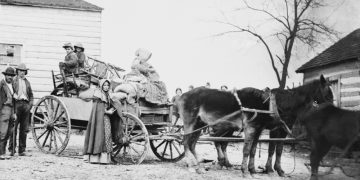



















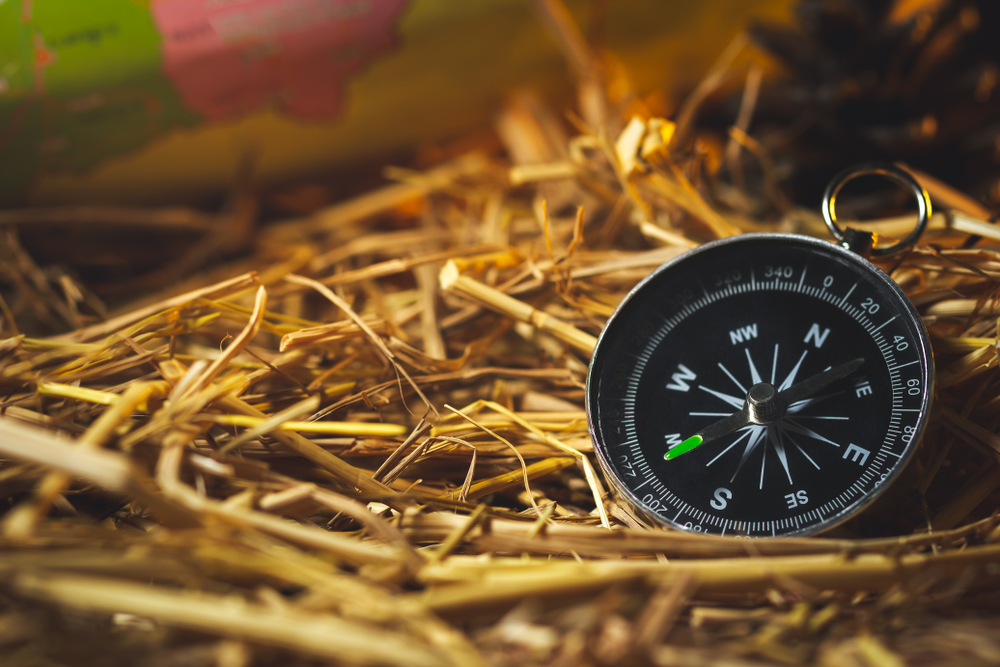

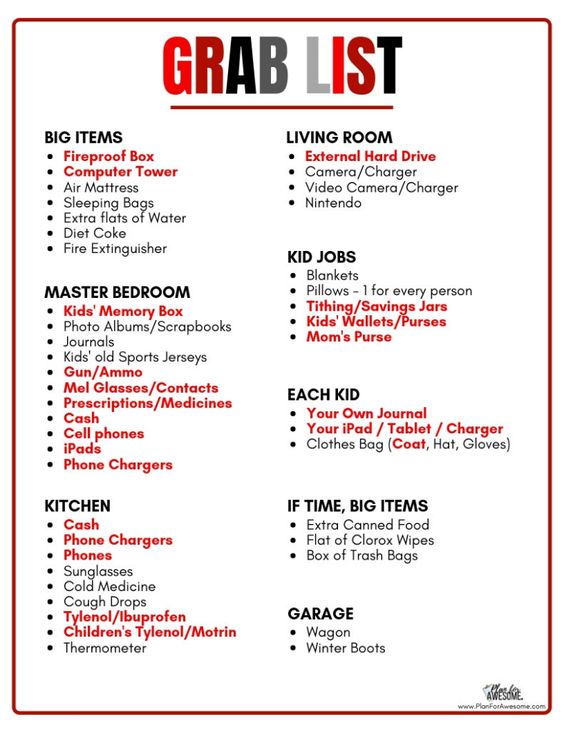
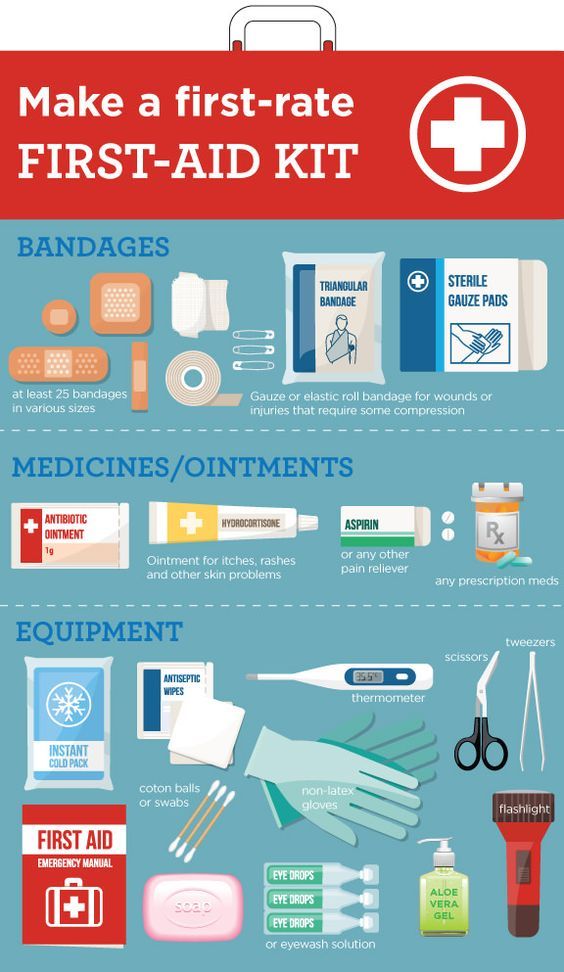
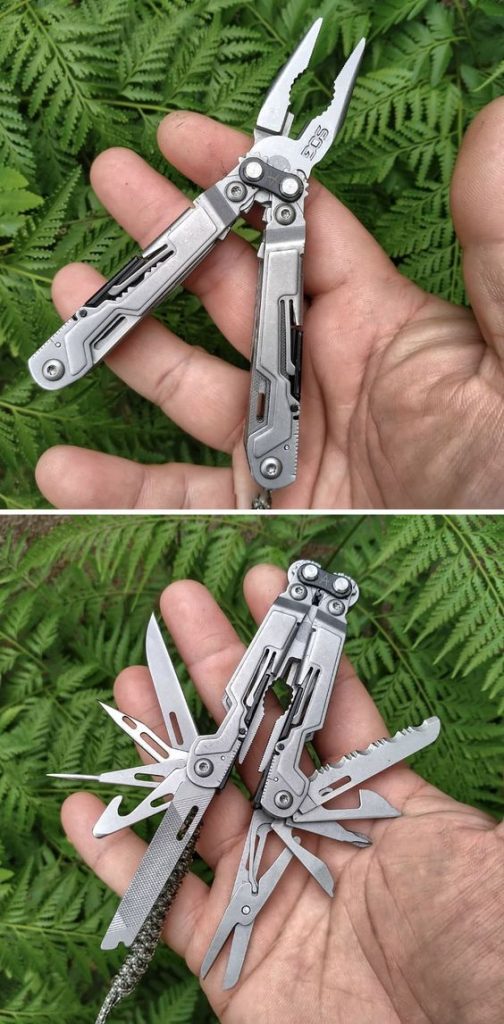
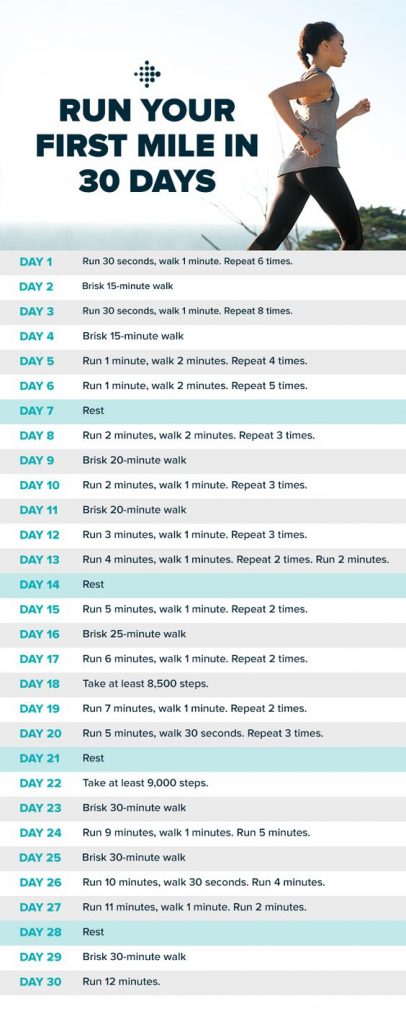
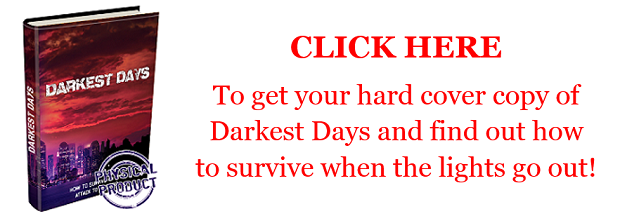
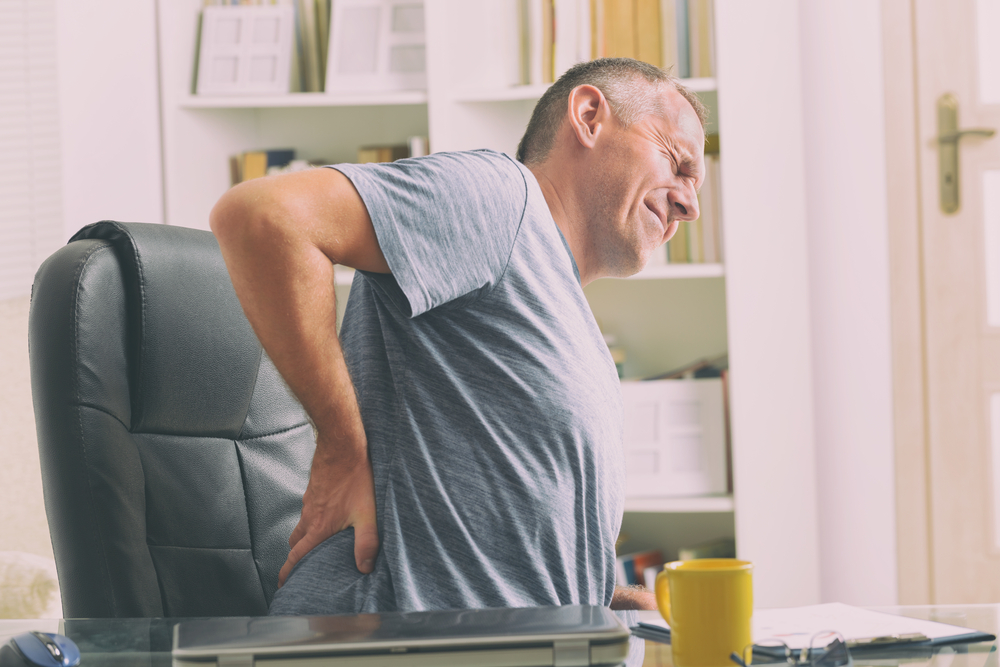




























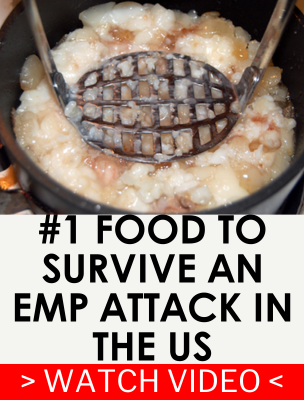
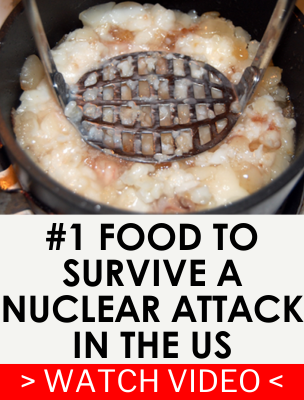



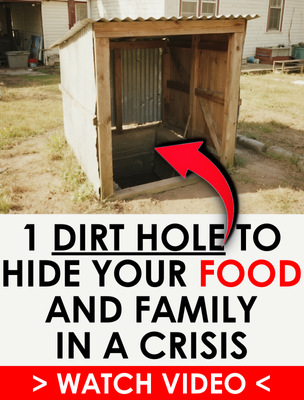
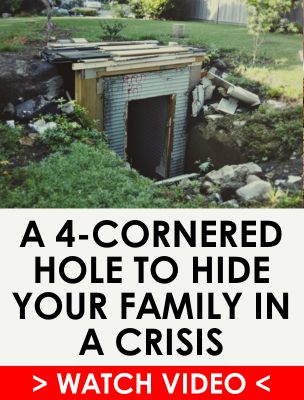

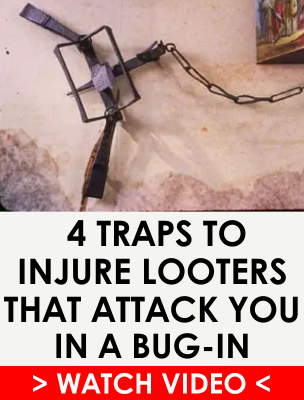
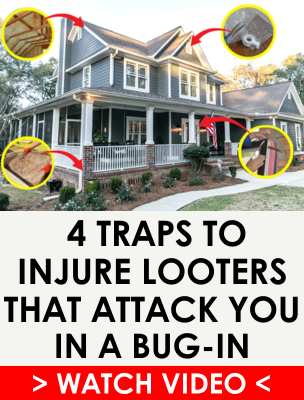




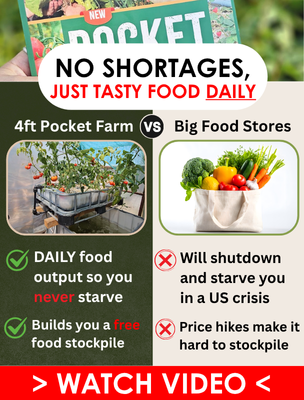

Great article. These are perhaps the best advices on prepping IMHO. All 10 (mostly) cost nothing, or little: wisdom, creativity, mentality, discipline and self-restraint, the kind of stuff that is within our control and can help keep us and ours healthy, alive and safe even in the absence of supplies, guns or other gear.